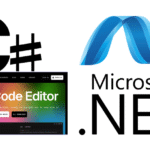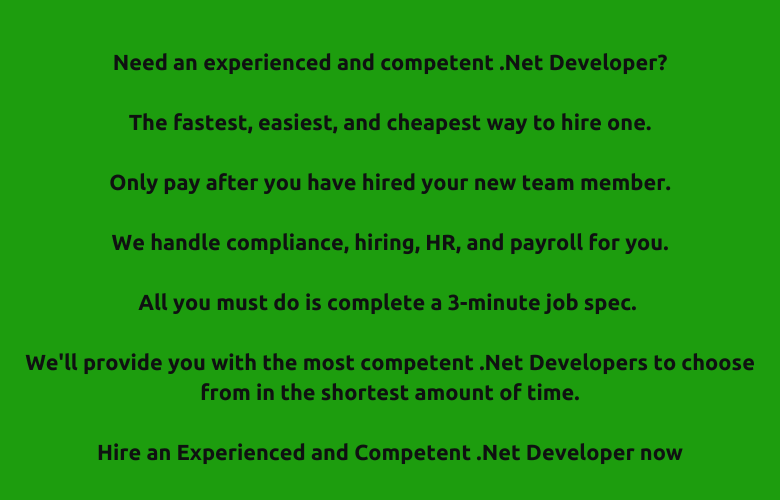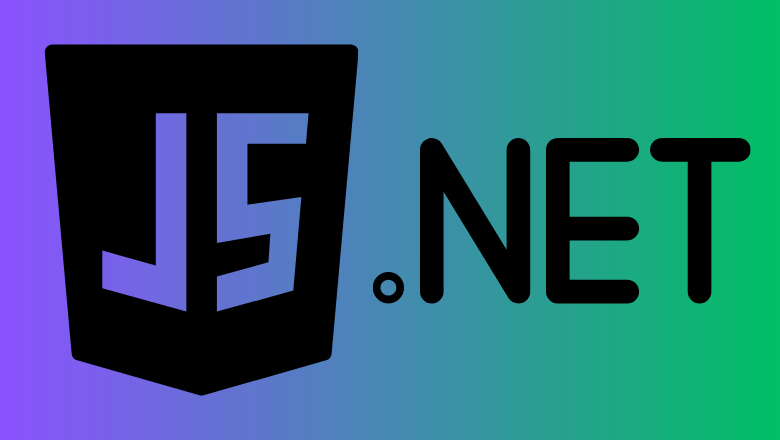
Discover the best JavaScript frameworks for .NET Core MVC web application development – Choose from the best options to enhance your user experience today!
As web development continues to evolve, JavaScript frameworks have become essential to building dynamic, complex web applications. Creating responsive, scalable applications with .NET Core MVC requires the right JavaScript framework.
This post will explore the best JavaScript Frameworks for .NET Core MVC.
React, Angular, Vue, Ember, and Knockout are all excellent options for .NET Core MVC developers, each with unique features and benefits. React is the most popular JavaScript framework; Angular is an all-in-one solution; Vue is lightweight; Ember is opinionated; and Knockout is simple and easy to use. Let’s examine each framework in more detail.
The Rise of JavaScript Frameworks in .NET Core MVC
JavaScript frameworks have become essential to web development and are now integral to .NET Core MVC. With so many JavaScript frameworks available today, choosing the right one for your project can be challenging. This post will explore the best JavaScript framework for .NET Core MVC and discuss its features, benefits, and drawbacks.
React: The Most Popular JavaScript Framework
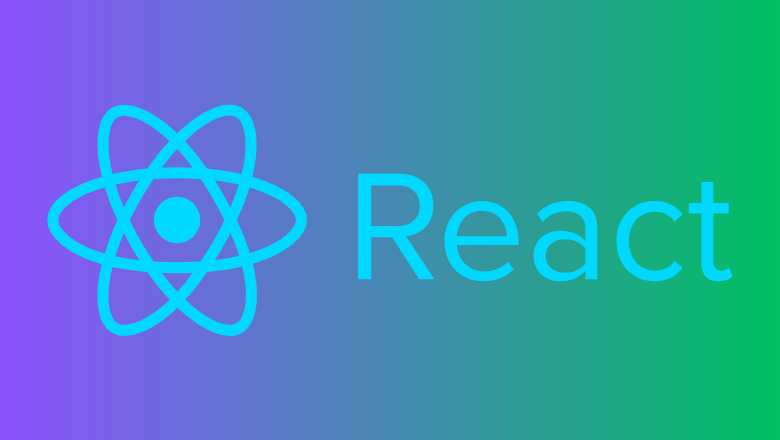
With good reason, React is one of the most popular JavaScript frameworks available today. It is fast, flexible, and easy to use, making it an excellent choice for .NET Core MVC developers. React’s virtual DOM feature allows developers to make changes to the UI without reloading the entire page, resulting in a faster and more responsive user experience. Additionally, React is highly modular, making it easy to integrate with other frameworks and libraries.
However, React has a steep learning curve, and developers must have a solid understanding of JavaScript and its related technologies to use it effectively. Furthermore, React’s reliance on third-party libraries and tools can make it challenging to maintain and upgrade over time.
Angular: The All-In-One Framework
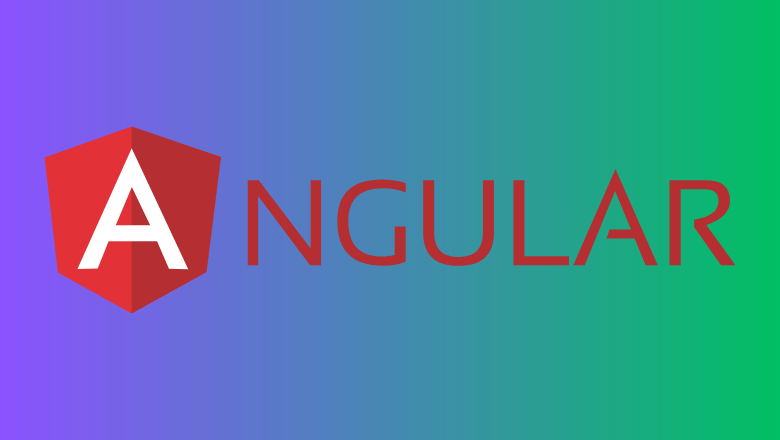
Angular is an all-in-one JavaScript framework that provides developers with everything they need to create complex web applications. It includes many tools and features, including two-way data binding, dependency injection, and a comprehensive CLI. Angular is also highly scalable, making it an excellent choice for large-scale projects.
However, Angular’s complexity can make it difficult for new developers to learn and master. Additionally, the framework’s performance can suffer when working with large amounts of data, leading to slower load times and a less responsive user experience.
Vue: The Lightweight Framework
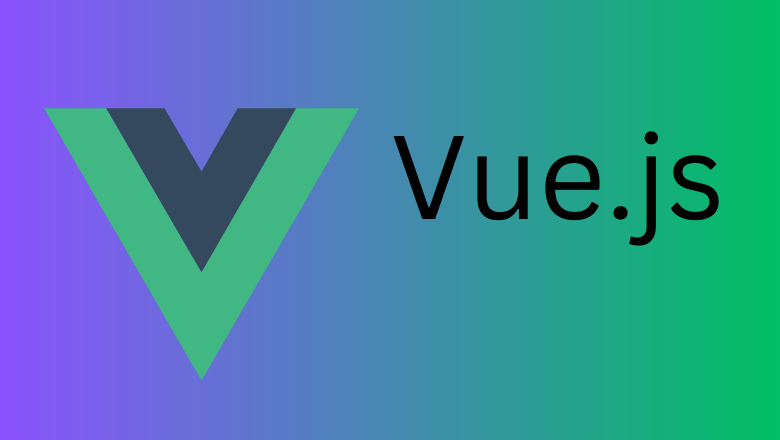
Vue is a lightweight JavaScript framework that offers many of the same features as React and Angular but with a more straightforward, streamlined approach. Vue’s core library is only 20KB, making it one of the most lightweight frameworks available today. Vue’s reactivity system makes it easy to build real-time applications that respond quickly to user input.
However, Vue’s simplicity can also be a drawback for more complex projects. The framework’s smaller community also means fewer resources available for troubleshooting and support.
Ember: The Framework for ambitious web developers
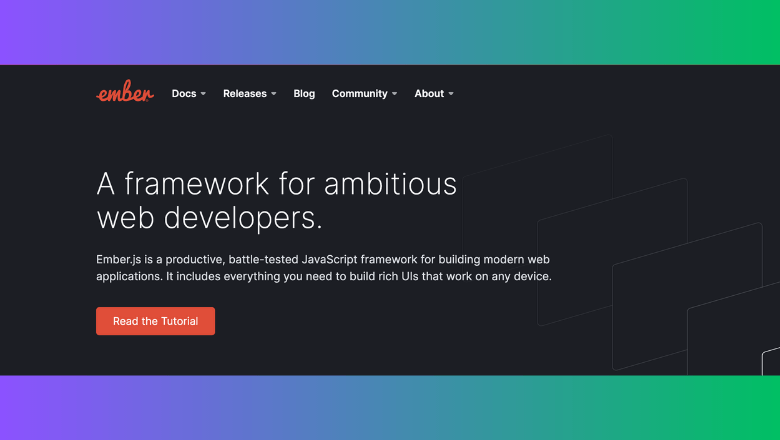
Ember is a highly ambitious JavaScript framework that provides developers with guidelines and best practices for building web applications. Ember’s CLI tool makes it easy to start with the framework. It provides developers with a wide range of prebuilt components and devices.
However, Ember’s ambitious approach can make it challenging to customize the framework to meet specific project requirements. Additionally, Ember’s performance can suffer when working with large data sets, leading to slower load times and a less responsive user experience.
Knockout: The Lightweight and Easy-to-Use Framework
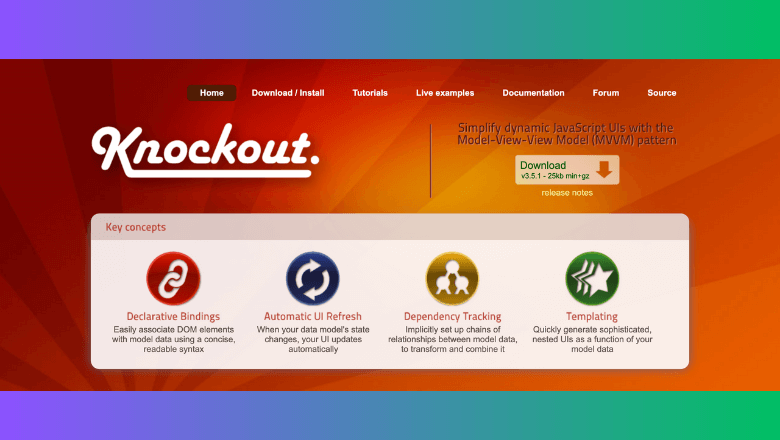
Knockout is a lightweight JavaScript framework that provides developers with a simple and easy-to-use model-view-view model (MVVM) architecture. Knockout’s two-way data binding makes it easy to keep UI elements in sync with data changes, and its declarative syntax makes it easy to create complex UI components.
However, Knockout’s simplicity can be a drawback for more complex projects. Additionally, the framework’s small community and limited resources can make it difficult for developers to find support and troubleshooting solutions.
Clients also ask about the best JavaScript Frameworks for .NET Core MVC:
JavaScript frameworks have become essential to web development and are now integral to .NET Core MVC. With so many JavaScript frameworks available today, choosing the right one for your project can be challenging.
1. What are the benefits of using a JavaScript framework for .NET Core MVC?
A JavaScript framework in .NET Core MVC can provide several benefits, including faster development, increased productivity, and a more responsive and dynamic user experience. JavaScript frameworks allow developers to build complex web applications quickly and efficiently without writing much code from scratch. Additionally, frameworks like React, Angular, and Vue provide powerful tools and features that make creating real-time, interactive applications easy.
2. Which JavaScript frameworks are best for .NET Core MVC?
Many JavaScript frameworks are available today, each with unique features and benefits. Some of the best JavaScript frameworks for .NET Core MVC include React, Angular, Vue, Ember, and Knockout. The best framework for your project will depend on your specific requirements, development experience, and performance considerations.
3. How do I choose the JavaScript framework for my .NET Core MVC project?
Choosing the right JavaScript framework for your .NET Core MVC project depends on several factors, including project requirements, developer experience, and performance considerations. It’s essential to carefully evaluate your project’s needs and choose the best framework. Additionally, consider community support, documentation, and ease of use when selecting a framework.
4. What are the drawbacks of using a JavaScript framework for .NET Core MVC?
While a JavaScript framework in .NET Core MVC can provide many benefits, there are also some drawbacks. Some frameworks can be challenging to learn and master. In contrast, others may have performance issues when working with large data sets. Additionally, some frameworks may require significant time and resources to maintain and upgrade.
5. Can I use multiple JavaScript frameworks in my .NET Core MVC project?
While it is possible to use multiple JavaScript frameworks in a single .NET Core MVC project, it is generally not recommended. Various frameworks can lead to compatibility issues, performance problems, and a more complex development process. Choose a single framework that meets your project’s specific requirements.
6. How do I integrate a JavaScript framework into my .NET Core MVC project?
Integrating a JavaScript framework into your .NET Core MVC project can vary depending on the framework and the specific requirements of your project. Most frameworks provide documentation and tutorials on integrating them into your project. Many online resources and community support forums are available. Additionally, many frameworks offer plugins and extensions that make integration easier.
7. Is there a best practice for using a JavaScript framework in .NET Core?
Following best practices is essential when using a JavaScript framework in .NET Core MVC to ensure your application’s best performance and maintainability. Some best practices include choosing the right framework for your project, following coding standards and conventions, optimizing performance, and keeping your framework and libraries up to date. Additionally, testing your code thoroughly and using automation tools such as continuous integration and deployment to streamline your development process is essential.
Wrapping up about Best JavaScript Frameworks for .NET Core MVC.
In conclusion, choosing the right JavaScript framework for your .NET Core MVC project depends on various factors, including project requirements, developer experience, and performance considerations. React, Angular, Vue, Ember, and Knockout are all excellent options with unique features, benefits, and drawbacks. You should select frameworks based on your project’s specific needs.

Jessica is a highly accomplished technical author specializing in scientific computer science. With an illustrious career as a developer and program manager at Accenture and Boston Consulting Group, she has made significant contributions to the successful execution of complex projects.
Jessica’s academic journey led her to CalTech University, where she pursued a degree in Computer Science. At CalTech, she acquired a solid foundation in computer systems, algorithms, and software engineering principles. This rigorous education has equipped her with the analytical prowess to tackle complex challenges and the creative mindset to drive innovation.
As a technical author, Jessica remains committed to staying at the forefront of technological advancements and contributing to the scientific computer science community. Her expertise in .NET C# development, coupled with her experience as a developer and program manager, positions her as a trusted resource for those seeking guidance and best practices. With each publication, Jessica strives to empower readers, spark innovation, and drive the progress of scientific computer science.



